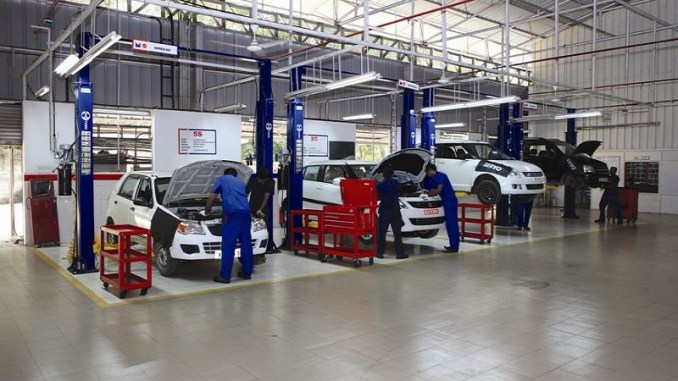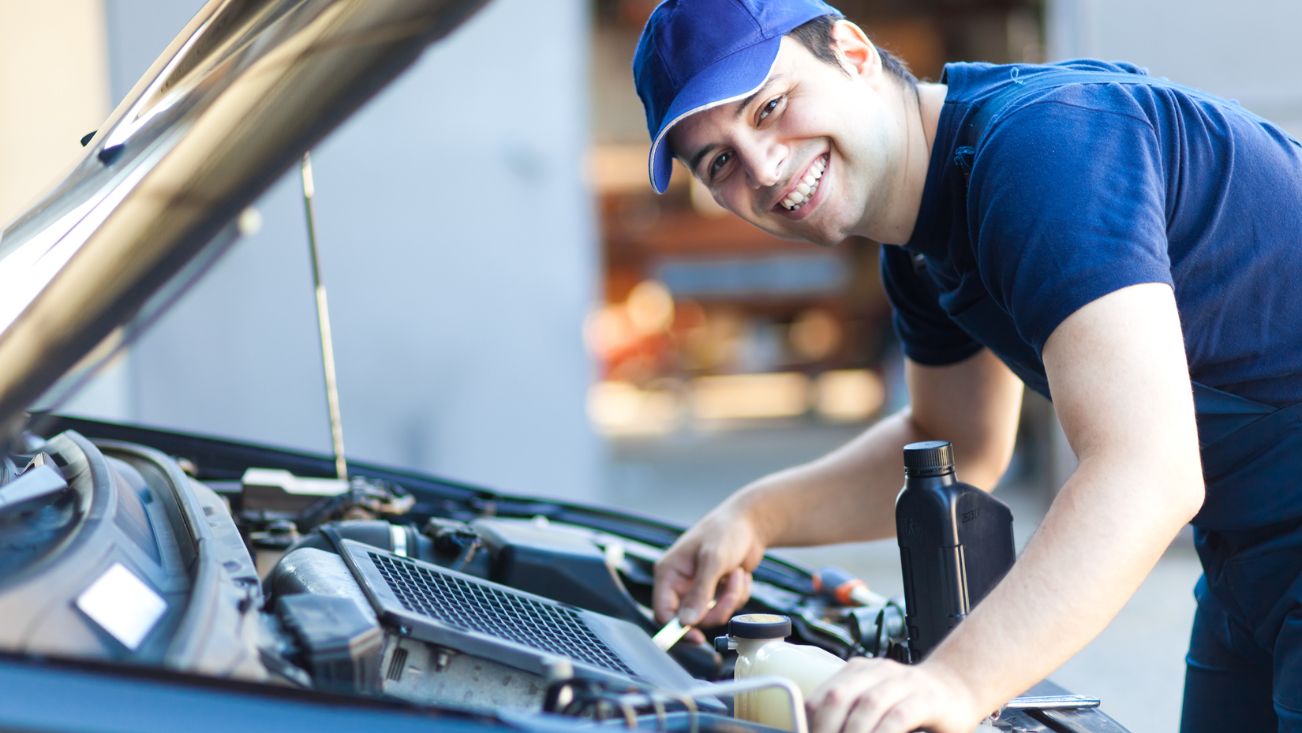All Categories
Featured
Your automobile's brakes are one of one of the most essential components in ensuring your safety and the security of others when driving. Regular brake assessments are vital to keeping ideal braking efficiency and avoiding costly repair work. Whether you're an experienced car proprietor or a brand-new motorist, comprehending brake assessment guidelines can help you remain positive regarding upkeep and guarantee your vehicle is constantly roadworthy.
- Why Brake Inspections Matter. The more you drive, the a lot more rubbing your brake pads endure, at some point leading to lowered stopping performance. Without correct inspection, it's challenging to assess when your brakes might be in demand of fixing.
A well-kept brake system makes sure quick, receptive stopping power, specifically in emergency situations. It likewise helps expand the life of your vehicle, as disregarding brake maintenance can result in extra serious, pricey issues later on.
- Signs You Required a Brake Assessment. While it's critical to have your brakes inspected periodically, specific indications might indicate that they need focus. Watch (and ear) out for these caution signals:
Squeaking or Grinding Noises: Uncommon noises, specifically a shrill screech or grinding sound, commonly suggest that your brake pads are put on down. Vibration or Pulsation: If you feel resonances or a pulsing feeling when pushing the brake pedal, maybe a sign of warped rotors or uneven brake pad wear. Lowered Brake Responsiveness: If your brakes really feel much less responsive or you need to press the pedal harder to slow down, it might show air in the brake lines or reduced brake liquid. Drawing away: If your vehicle pulls to one side when stopping, it might suggest irregular brake pad wear or a brake liquid leakage. Control Panel Warning Lights: Some automobiles have brake-related warning lights that show issues like reduced brake liquid or used brake elements. If you see any one of these signs, it's crucial to have a professional mechanic carry out a brake inspection as soon as feasible.

- What Takes place During a Brake Assessment? During a brake evaluation, a mechanic will certainly check a number of key components of the braking system to ensure every little thing is in functioning order. Below's what you can expect during the procedure:
Brake Pads and Shoes: The auto mechanic will certainly evaluate the thickness of the brake pads or footwear. If they're as well slim, they'll require to be replaced. Brake Rotors: Blades are the discs that the brake pads press against to reduce your cars and truck down. They'll be looked for any signs of wear, racking up, or bending. Brake Liquid: Reduced or contaminated brake liquid can impair stopping efficiency. The professional will check the liquid degree and quality and top it up or flush it if required. Brake Lines and Hose pipes: Brake lines bring fluid from the master cyndrical tube to the brakes. The auto mechanic will check for any type of leaks, splits, or damages to make certain appropriate liquid flow. Brake Calipers and Wheel Cylinders: Calipers and wheel cylinders push the brake pads against the blades or drums. The technician will certainly look for wear, leakages, and appropriate procedure. 4. How Often Should You Have Your Brakes Evaluated? The frequency of brake examinations depends upon factors like your driving habits, the sort of car you drive, and the environment in which you drive. As a basic rule, it's a great concept to have your brakes examined every 12,000 miles or once a year. Nevertheless, if you experience any of the warning indicators pointed out previously, it's vital to obtain your brakes examined promptly.
For those that often drive in heavy web traffic, mountainous surface, or harsh weather, even more regular evaluations may be necessary.
- Significance of Timely Brake Repairs. When you find a problem with your brakes, it's necessary to resolve it as soon as possible. Delaying brake repair work can bring about more considerable damage to your braking system, resulting in greater fixing prices. In extreme instances, ignoring brake problems can cause complete brake failure, which is a serious safety risk.
By remaining on top of brake upkeep and addressing issues without delay, you make certain that your brakes remain to execute as meant, keeping you and your passengers risk-free when driving.
Final Thought: Keep Your Brakes in Leading Forming. Brake inspections are a basic yet important component of automobile upkeep. By understanding the significance of normal examinations, understanding the signs of brake issues, and staying aggressive with repair work, you can ensure your automobile's stopping system remains in optimal condition.
Latest Posts
How Routine Vehicle Maintenance at Montclare Auto Repair Reduces Costs
Specialist Industrial Roof Solutions in North Platte, Nebraska
Learn About Top Car Repair Care offered by Montclare Auto Repair – Expert Care for Your Vehicle
More
Latest Posts
How Routine Vehicle Maintenance at Montclare Auto Repair Reduces Costs
Specialist Industrial Roof Solutions in North Platte, Nebraska
Learn About Top Car Repair Care offered by Montclare Auto Repair – Expert Care for Your Vehicle
